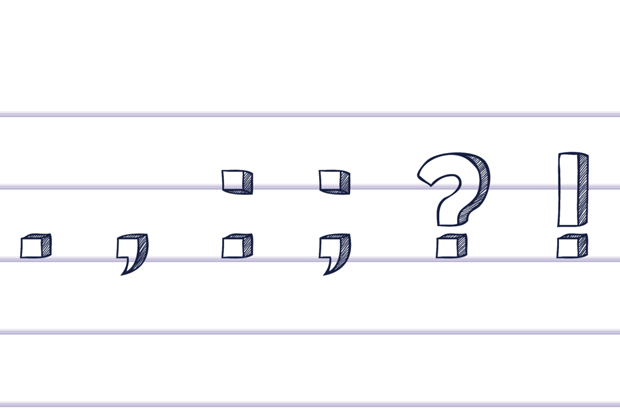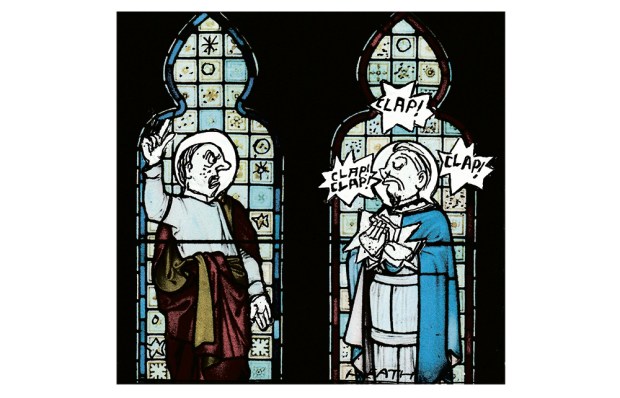Typical mother-to-mother email, January weekday, 2015: ‘Thanks so much for helping out yesterday, Jamie had a great time with you all, thanks also for bringing his games kit home, let me know if you need me to help tomorrow… xx’
Emails and texts like this, flitting across the ether in their thousands, demonstrate the free-flowing currency of helpfulness — mother going the extra mile for mother, in her Volvo, every day — in school-run land.
Already a subscriber? Log in
Subscribe for just $2 a week
Try a month of The Spectator Australia absolutely free and without commitment. Not only that but – if you choose to continue – you’ll pay just $2 a week for your first year.
- Unlimited access to spectator.com.au and app
- The weekly edition on the Spectator Australia app
- Spectator podcasts and newsletters
- Full access to spectator.co.uk
Or
Unlock this article
You might disagree with half of it, but you’ll enjoy reading all of it. Try your first month for free, then just $2 a week for the remainder of your first year.













Comments
Don't miss out
Join the conversation with other Spectator Australia readers. Subscribe to leave a comment.
SUBSCRIBEAlready a subscriber? Log in